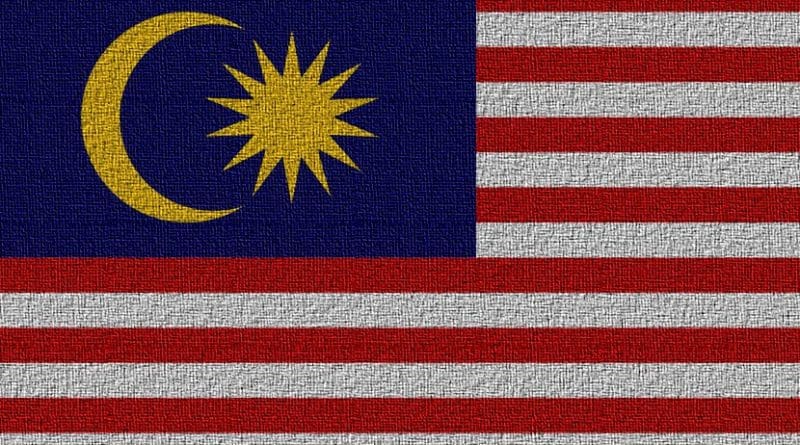Malaysia: Corruption, Fundamentalism To Cloud Election
By UCA News
Malaysian Prime Minister Najib Razak called for elections on April 6 after facing a torrid time in office battling corruption allegations and anger over rising prices.
Parliament will be dissolved effective April 7, Najib said in a televised address from the administrative capital of Putrajaya after meeting King Sultan Muhammad V to gain approval for the dissolution.
The general election, Malaysia’s 14th, must be held within 60 days but is widely expected to be by the end of this month or the first week of next so as not to coincide with Ramadan, the month-long Muslim fasting period that starts on May 15.
In the last election, Najib’s coalition managed to hang on to power despite losing the popular vote for the first time since 1969. Additional changes to electoral boundaries mean his coalition could regain a two-third majority in parliament even though its share of the popular vote may shrink, critics note.
Race and religion continue to play a key role in the country’s politics. His party, the United Malays National Organization (UMNO), the senior partner in the Barisan Nasional (BN) coalition, has kept in place policies favoring Malays and indigenous groups together known as Bumiputera, which translates as “sons of the soil,” with government contracts and jobs.
The fundamentalist Malasyian Islamic Party (PAS) recently brought a motion before parliament to give more power to the nation’s Shariah courts and aims to hold the balance of power in the next parliament.
“We are satisfied. We have done our part in bringing the motion to suggest the amendment,” PAS MP Takiyuddin Hassan told reporters
Najib, 64, reminded Malaysians the elections in the country are not based on popular votes.
Pointing out how the country has practiced the first past the post system since the country’s independence he said the system “is based on the number of seats won and not based on the popular vote which should be understood by all quarters especially parties that will be contesting in the general election.”
“If BN wins again, we promise we’ll do our best to undertake an even bigger transformation that’s inclusive and comprehensive for the people and the country. We have delivered and we will continue to deliver,” Najib said.
This will be Najib’s second election since he became prime minister in 2009. Facing off against his Barisan Nasional coalition will be Pakatan Harapan, a four-party alliance led by 92-year-old Mahathir Mohamad, Malaysia’s longest serving premier who left Najib’s party in 2016.
Najib has managed to fend off corruption allegations that surfaced in 2015 surrounding the state-owned investment fund 1MDB, going as far as to sack internal critics and even government officials investigating allegations. He denies any wrongdoing.
A refreshed series of obstacles placed before the opposition, who have been campaigning for free and fair elections, all but favors the BN to extend its unbroken hold on power since independence in 1957.
The ruling coalition enjoys key advantages ahead of the election including control of a compliant mainstream media and re-drawn electoral districts that multiply support for the government.
An anti-fake news law passed this week which makes it a crime to maliciously create and distribute false information, further curbing free speech in the country.
About 60 percent of 14.8 million registered voters are Malay, 22.7 percent Chinese and the rest Indian and other ethnic groups.
Though his coalition is represented by members of each major ethnic group in the country, UMNO has been leaning ever more towards the Malay Muslim vote, even wooing the hard-line Pan-Malaysian Islamic Party to ward off threats and demands for equality from minorities.
In a strategy to win over Malay voters, Mahathir has been chosen by the opposition Pakatan Harapan alliance as their candidate for prime minister until their leader Anwar Ibrahim is released from prison on sodomy charges in mid-June. Pakatan say they will seek a royal pardon for Anwar so he can take over as prime minister from Mahathir if they win.
The dissolution of the 13th parliament comes more than two months before the end of the ruling coalition’s five-year term.

